TL;DR - Based on some thought experiments, the price of BTC could go crazy high ($5T / BTC??) if it were being used as the global reserve currency and used for everyday expenses. However, a new global system run on BTC would be more financially restrictive and potentially much less extravagant due to deflationary impacts and significant reduction in credit/loans, but at the benefit of no boom/bust cycles and no recessions. It would be the financial discipline we all need but don't want. Finally, you can't hoard all your BTC if you want to see this future come to pass - or it'll never come. Thank the 10,000 BTC pizza guy for his first sacrifice.
---------------------------------
We all imagine a wonderful future where Bitcoin serves as the backbone of value, the primary and absolute global currency. However, I was thinking about some implications through various thought experiments and there may be some challenges for a Bitcoin future we need to wrestle with. I was also thinking of what the Bitcoin price might be if it were used as the global reserve currency.
Thought experiment 1: The Bitcoin Village
Imagine there's a village with only two people in it, Jack and Jill. Jack owns 100 Bitcoin and Jill owns none. The total value of the village is 100 Bitcoin, because that's all that's in existence in that village. Jill decides to build a house, and agrees to sell it to Jack for 50 Bitcoin. Now Jill has 50 BTC and Jack has 50 BTC + the value of his house, which is 50 BTC. The total value of the village is now 150 BTC, even though there are only 100 BTC in existence.
Key takeaways:
1. Jill created 50 BTC worth of value by building a house
2. The economy can be worth way more BTC than the actual number of BTC
Thought experiment 2: The Village Grows
So now ten new people decide to move to the village. They have no money, so they need to work. Jill decides to hire them to build more houses, so she needs to give them some of her BTC. Let's say Jill gives them each 2 BTC to build one house each. The village now has 10 new houses. However, the total supply of BTC is still 100, and Jack doesn't want to spend his last 50 on another house, so he wants to pay less for another house. Jack agrees to buy all houses from Jill at 4 BTC each. The value of his original house just dropped from 50 BTC to 4 BTC - a HUGE drop! But on the other hand, his BTC somehow became a lot more valuable because he can now buy way more house for the same money. Jill is now rich as well, having just sold a bunch of houses. She continues to give work to her new employees, and they pay Jack a little BTC each month for rent.
As more and more people start pouring into the village, the 100 BTC is starting to spread around, and thousands of houses are created, yet the value of each house necessarily needs to decline, because there just isn't enough BTC to go around. In fact, this happens to just about everything in the economy. Food, energy, entertainment, etc... prices keep declining and declining as thousands and millions of people flood into the village. You can now buy entire houses for just a few Satoshis.
Key takeaways:
1. As BTC is being more heavily used by more people, the price of everything in BTC has to drop in order to keep them affordable. So anyone hoarding BTC benefits big time, since their BTC can buy more and more each day. So therefore, extreme deflation in BTC occurs as the adoption of BTC rises and the economic activity of BTC increases.
Thought Experiment 3: The Castle
By now Jill is super wealthy. Even though she only has 1 BTC, she's the richest person in the Village because that 1 BTC can buy tons of houses and just about anything she desires. Jack decides to build a gigantic castle and offers it to Jill for 200 BTC. She doesn't have that much (and that's more than the entire BTC in existence in that village) but she wants it really bad. Jack gives her the house, but tells her that she has to pay him pack, her debt to Jack is now 200 BTC + interest. She faithfully pays Jack 0.1 BTC every month from money she gets from her rentals from the villagers. The villagers keep getting their salary from working for Jack, and after a long time, the debt is paid in full.
Key takeaways:
- The amount of debt in the village can far exceed the total amount of BTC available
- That debt can even be repaid fully over time, even though the debt is greater than the total number of BTC
Overall Realizations:
- Deflation: Traditionally, economists don't like deflation because they say it will negatively impact economic activity. Because why would you spend money today, if you know your money will be worth more tomorrow? Why did Jack spend 50 BTC on a house, when maybe he should have waited until the houses would be cheaper later? Well, I think this is very true even for us today with BTC. Why should we buy a cup of coffee with our BTC, when we know that BTC might be worth thousands of dollars in the future? Think of the guy who bought the Pizza for 10,000 BTC - ouch. So we're all wanting this BTC economy, but few of us are willing to jumpstart it because we want to hold on to our BTC due to deflation. But the biggest rise in the value will only really kick in if we actually start using our BTC - so it's necessary. We can all thank the 10,000 BTC pizza guy, and I think we should all do our parts and start using our BTC (except me - I'll hoard!)
- Debt exceeding the currency: We talk about how it doesn't make sense for our current economy to have more debt than currency in circulation, but I think that's workable as shown in the thought experiment. However, printing money to meet a deficit is definitely no-no, so the BTC village solves that from happening. So a BTC economy that uses loans and where debts exceed the total amount of BTC is totally fine.
- Since the value of the overall economy in BTC can far (FAR) exceed the number of BTC in circulation, eventually there won't be enough BTC to pay for buying/selling. For example, if I wanted to buy a house from you, and you needed the BTC paid in full - there may not be enough BTC to pay you. Banks won't be able to print BTC out of thin air to give you and so that I can owe to the bank. Yes, there may be people lending out their BTC - but access to credit will be significantly reduced compared to today. Perhaps that's a good thing, more balanced approach to society? We won't have bull markets and bear markets and recessions, but perhaps at the expense of... what? More disciplined lifestyles of less consumption? I think that's the natural trajectory of this new economic structure.
- Max price of BTC could become extremely high. Well, unlike dollars, BTC is a very hoardable asset due to the deflation mentioned above. Imagine if millions and millions of people decided they wanted to hoard 1 BTC or more, so that really the only BTC in circulation to pay for things were just ~1 BTC, the price of BTC would explode out of control. Of course, things would equalize a bit because all the hoarders may want to go out and buy things with their new wealth - but there will always be significant pressure to hoard in BTC instead of today's norm which is to hoard wealth in stuff other than cash (hoard value in houses, hoard in stocks, etc...) and this pressure will have a major impact on the value of BTC. If only 1 BTC were remaining for transactions and the rest were hoarded, then the value of 1 BTC would be equal to the current value of all currencies, which is about $5T (there's about $5T of currency in circulation globally). Or if we say only the currency of USD, it would be worth about $3T per BTC (there's about $3T in USD in circulation). If nobody hoarded BTC, and all 21 million BTC were used as cash is used today, then each BTC would be worth about $140K, based on the $3T USD in circulation.
[link] [comments]

You can get bonuses upto $100 FREE BONUS when you:
💰 Install these recommended apps:
💲 SocialGood - 100% Crypto Back on Everyday Shopping
💲 xPortal - The DeFi For The Next Billion
💲 CryptoTab Browser - Lightweight, fast, and ready to mine!
💰 Register on these recommended exchanges:
🟡 Binance🟡 Bitfinex🟡 Bitmart🟡 Bittrex🟡 Bitget
🟡 CoinEx🟡 Crypto.com🟡 Gate.io🟡 Huobi🟡 Kucoin.
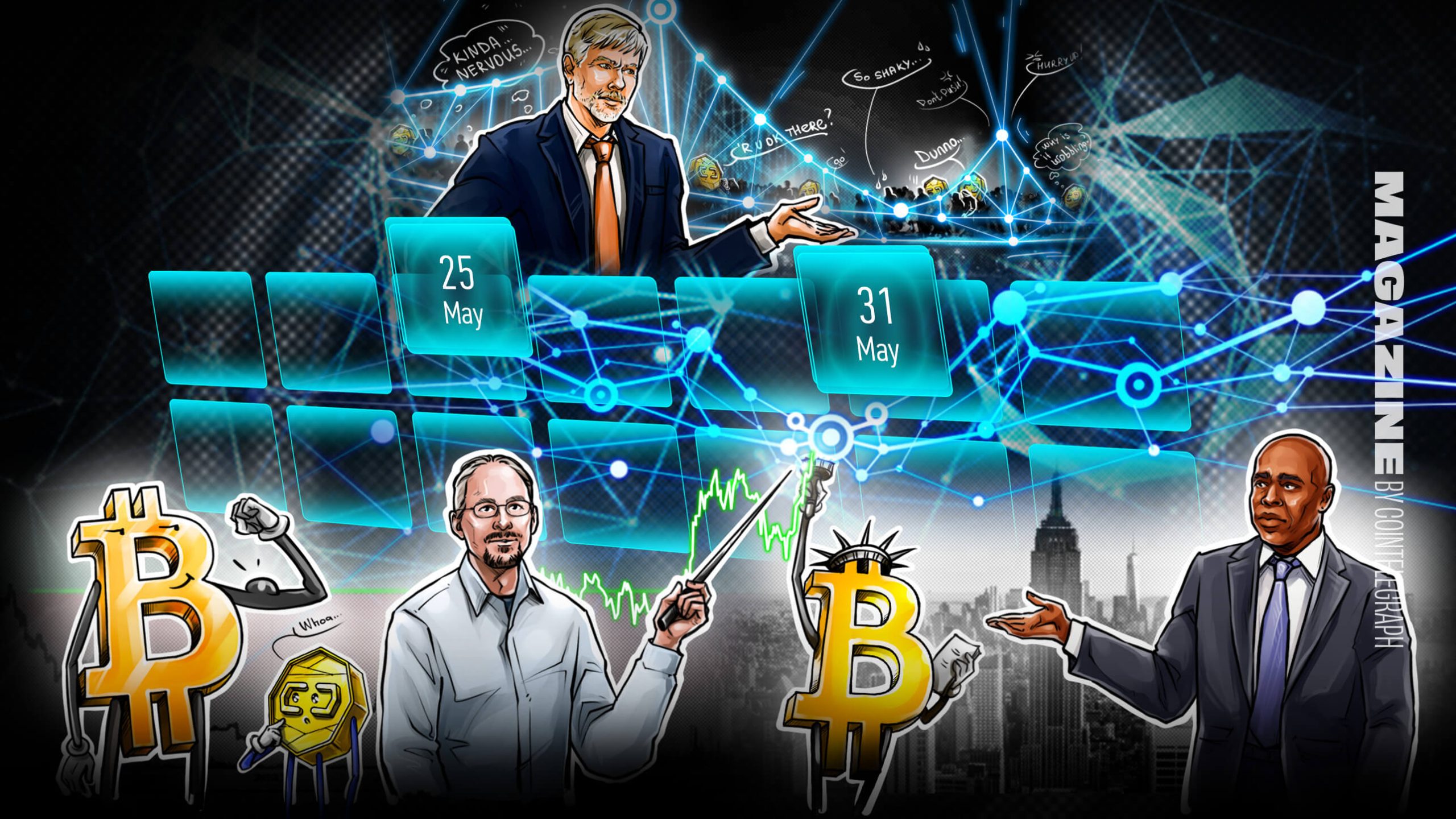

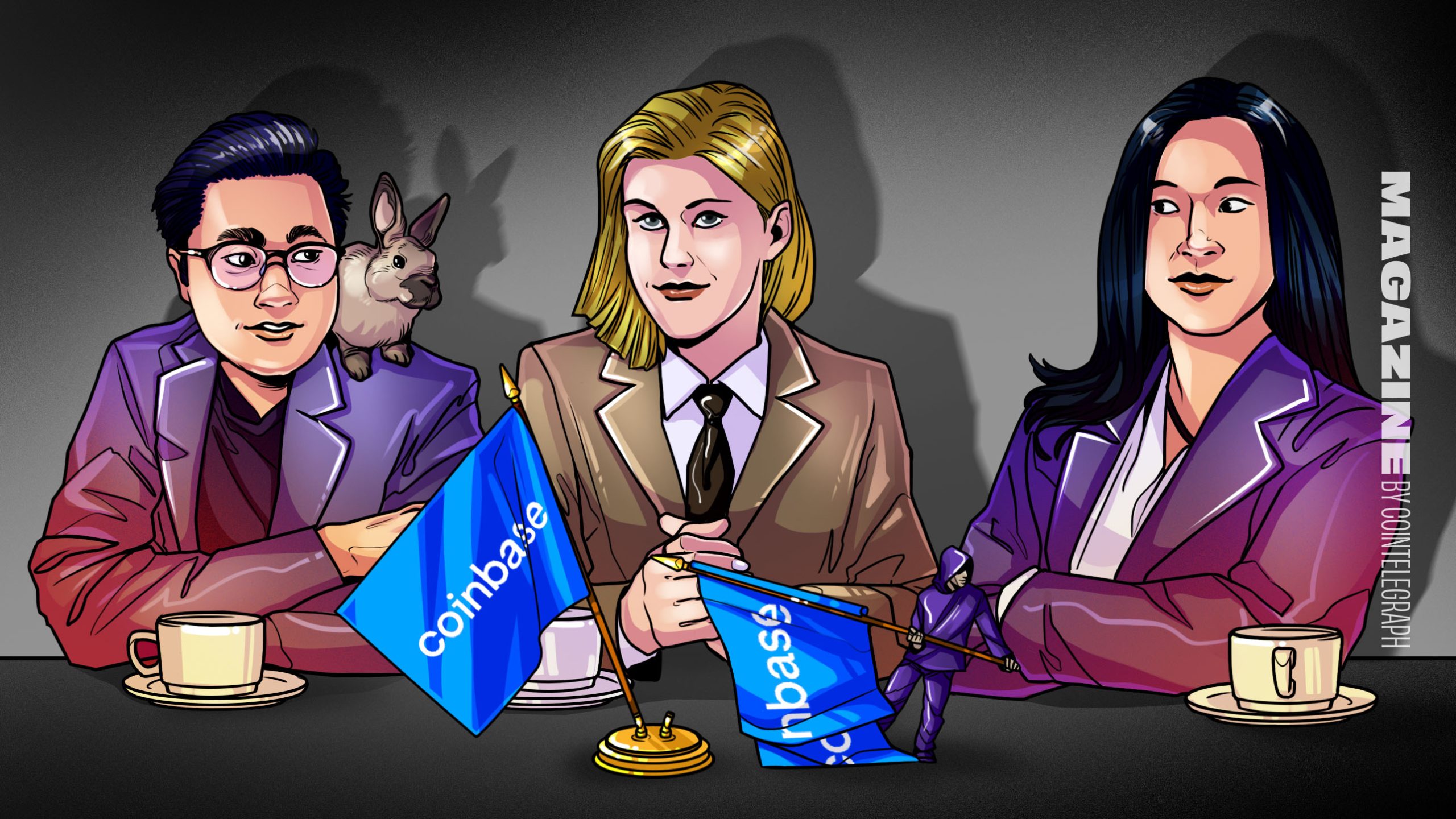
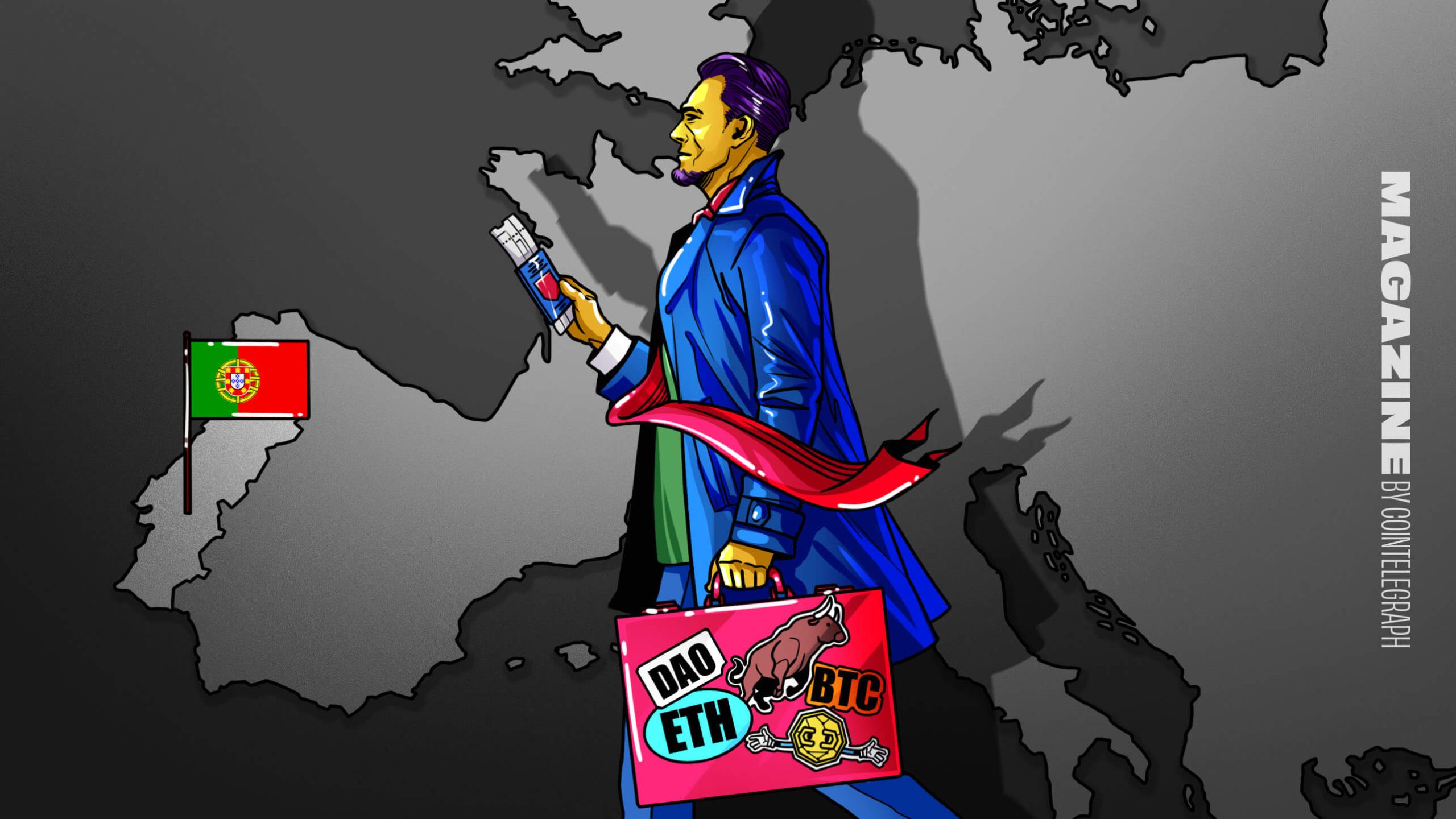

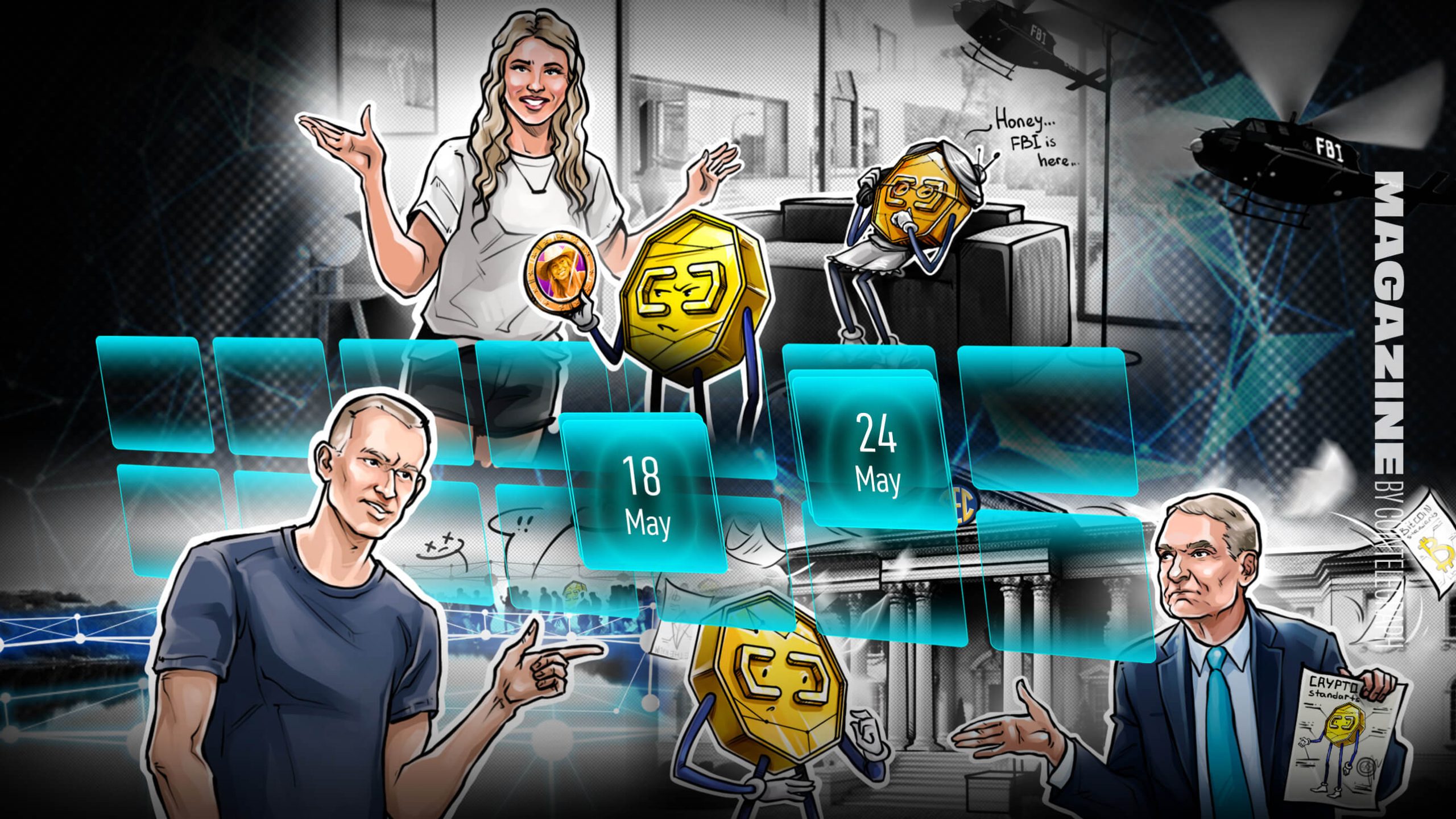


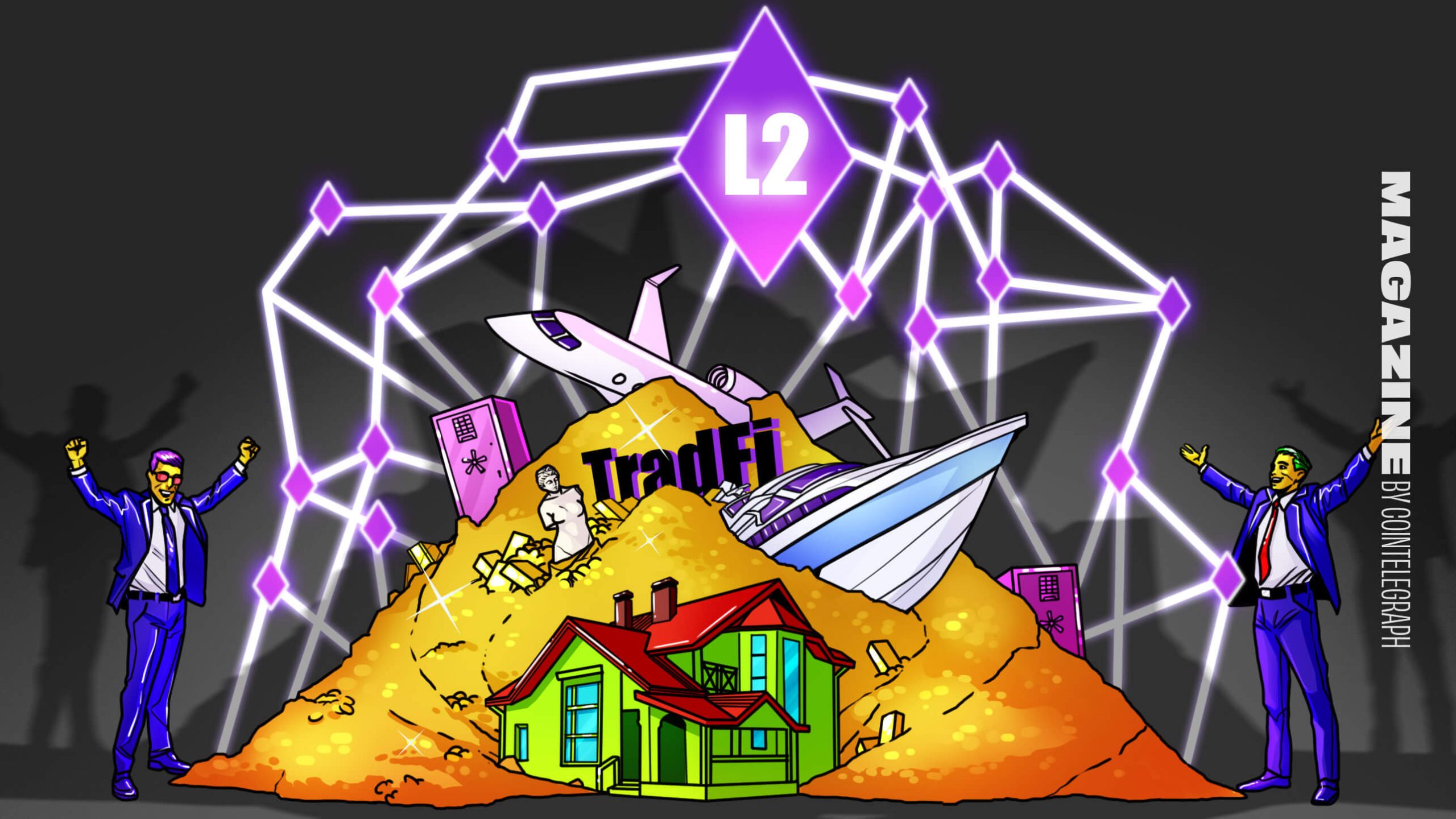

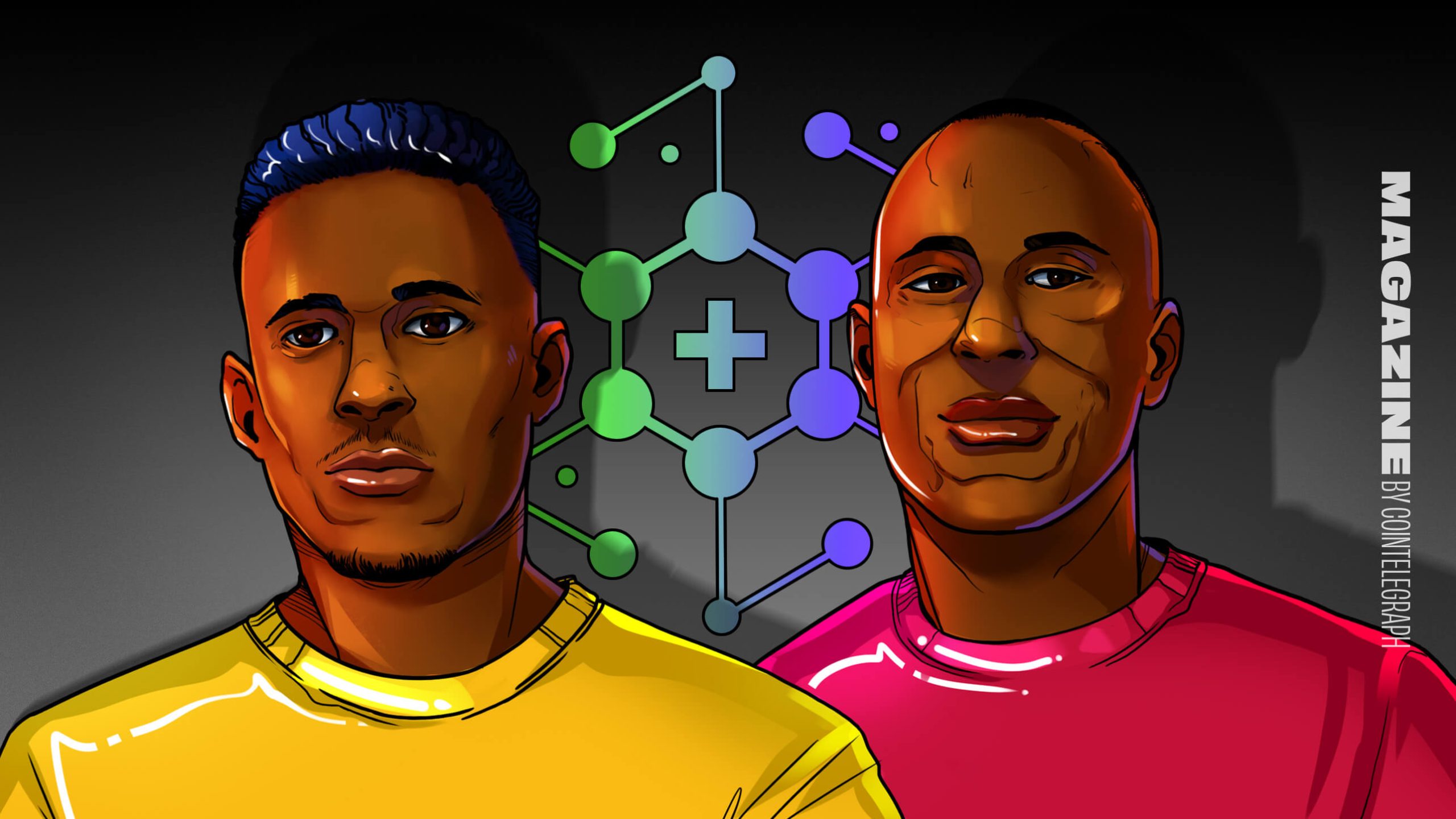
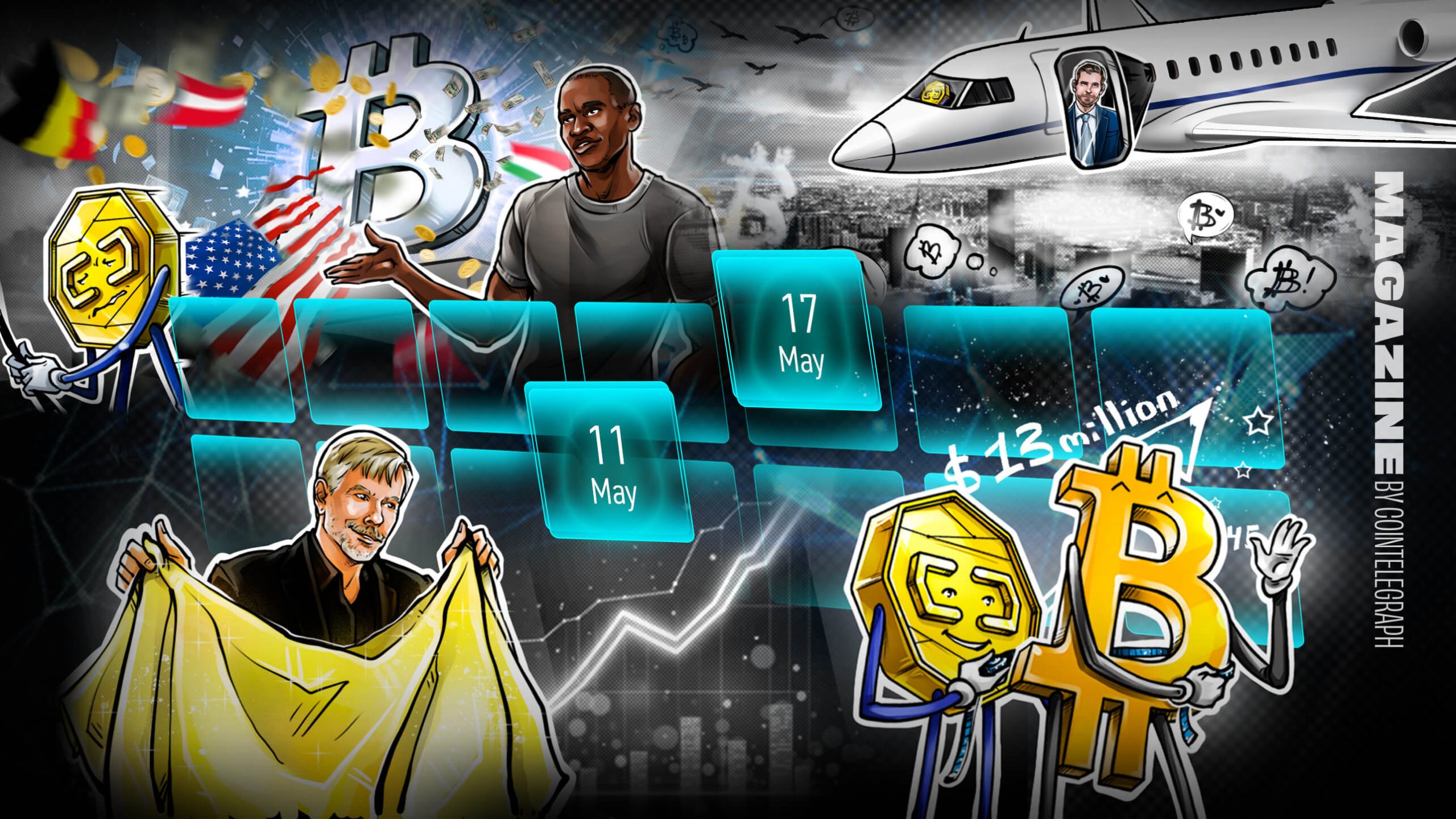

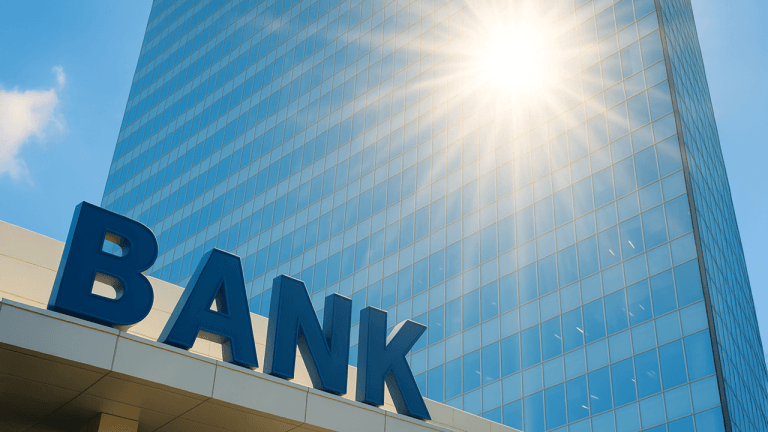

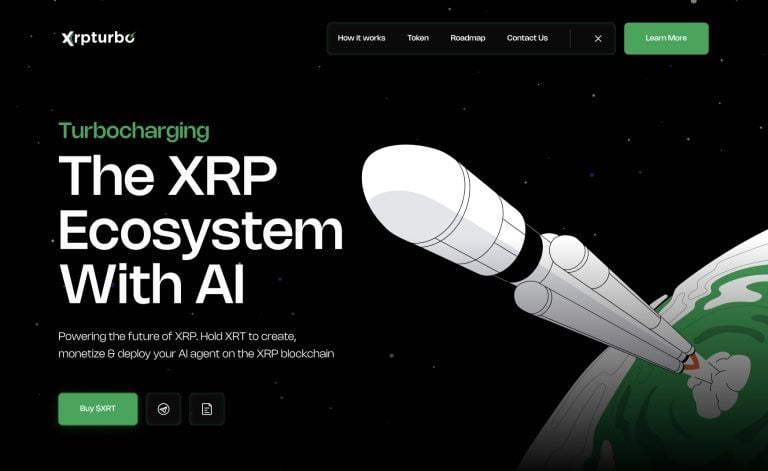

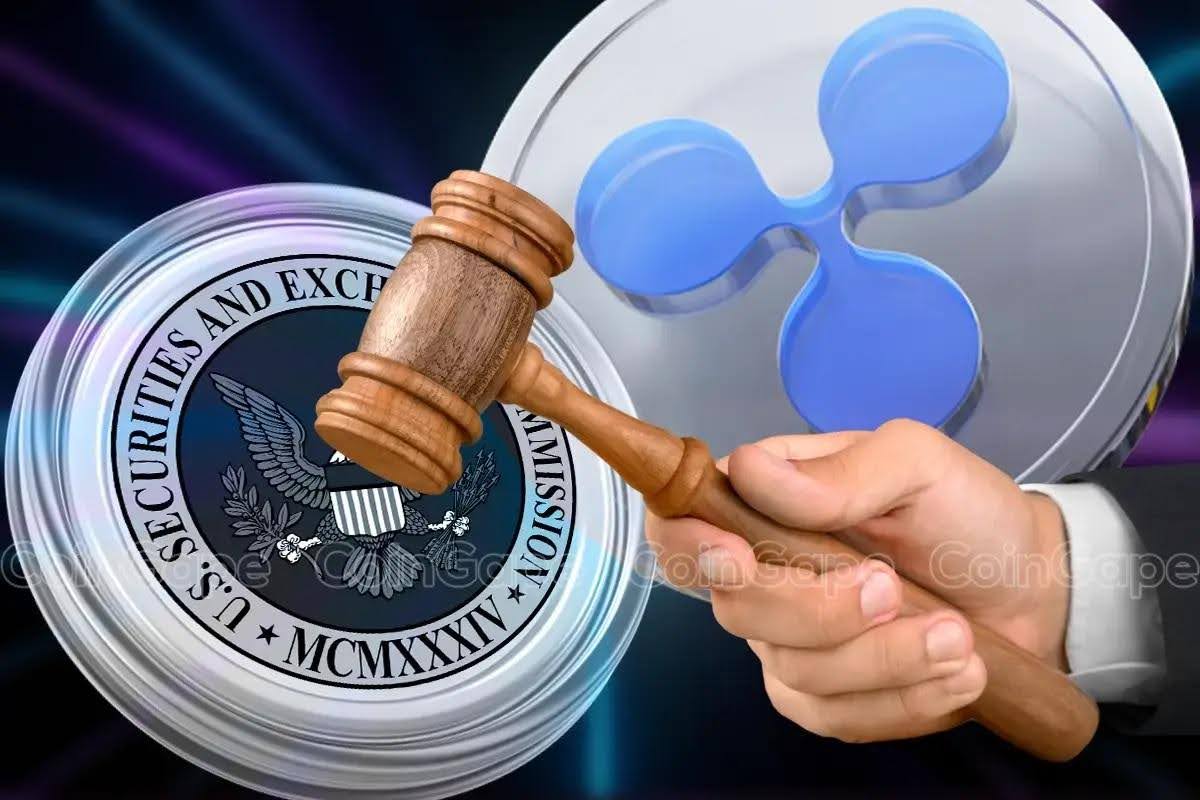


Comments